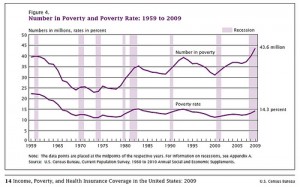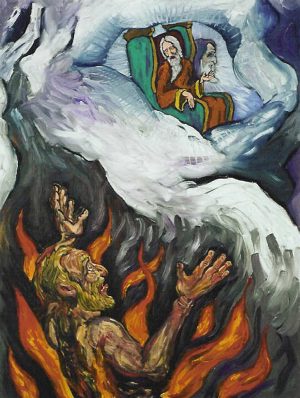Last weekend, I participated in the 92nd Council of the Diocese of Southwestern Virginia, where I did a presentation on Haïti and how we can be involved in partnerships there.
At the presentation, I showed a movie I have made, Bondye di ou: Fè pa ou, m’a fè p’am (“God says to you: You do your part, I’ll do mine). It is a 12-minute video on the history of the Diocese of Haïti, and how that Diocese is leading the way in helping the nation recover from the devastating earthquake of 12 January 2010. It also describes the ways in which parishes, other institutions and organizations can become partners with the Diocese of Haïti, the largest diocese of The Episcopal Church.
The video is available for free for anyone who is interested in seeing it or using it themselves. Simply go to
http://gallery.me.com/merelaurens/100031
and you can see it, and if you want, you can download it and make DVD copies of your own.









